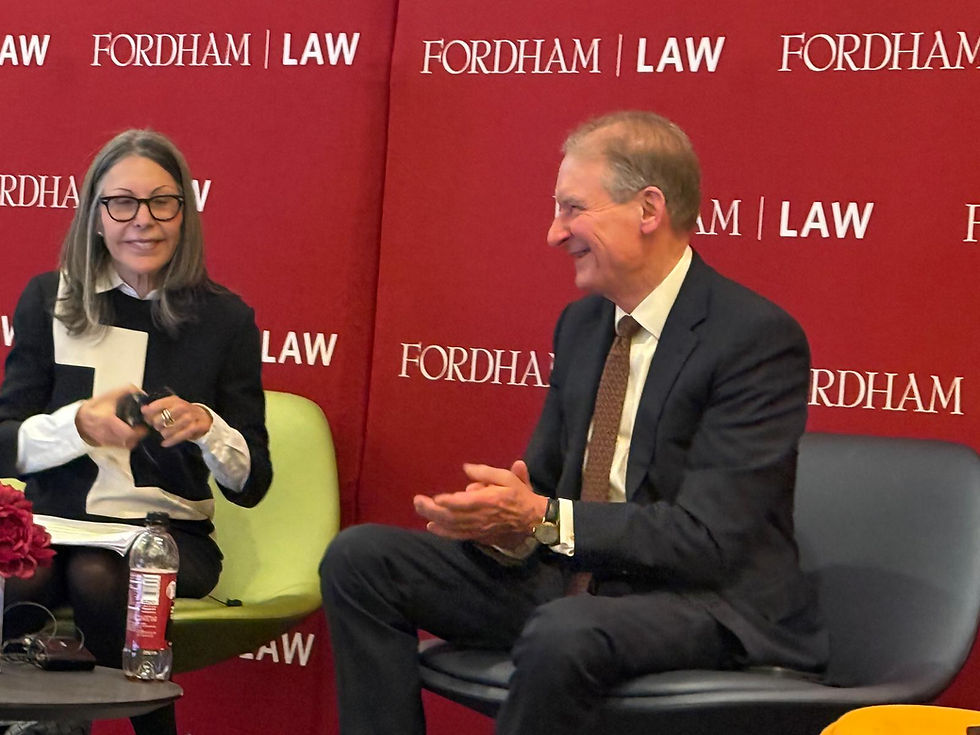Telefonica trail blaze blockchain across 8,000 spanish firms
- P Xenos and M Bacina

- Jan 14, 2020
- 2 min read
Updated: May 2, 2024
Telefonica, a Spanish telecommunications juggernaut, is set to team up with Spain’s Association of Science and Technology Parks (APTE) in order to provide access to its blockchain-based platform to around 8,000 local companies.
Telefonica will reportedly be deploying nodes of its Hyperledger-enabled blockchain at APTE’s 52 locations.
The participating firms will be involved in a three-month-long pilot program, during which they will build applications on the DLT network. The firms will also be encouraged to experiment with their own crypto tokens. Telefonica previously tdialed blockchain tech in handling overseas mobile phone call traffic.
In April 2019, Telefonica introduced its own Cloud Garden Service, with the help of IBM. The new blockchain-based network will be deployed using the Cloud Garden service. Maria Jesus Alamzor, CEO at Telefonica Spain, stated that the initiative will provide significant benefits to companies based at Spain’s science and technology parks.
Alamzor stated:
Companies housed in these scientific and technological parks will be able to benefit from the advantages of blockchain technology without having to face the inherent complexity of it, or have to dedicate resources to acquire the knowledge necessary to make the most of it.
The APTE’s website states that a science and technology park is an initiative that is typically associated with a physical location that works with academic institutions and research groups in order to support knowledge creation. These tech parks have an active managing department that supports innovative projects and technology exchange programs between local firms and various other organizations.
In February of last year, Microsoft confirmed a partnership with Telefonica that involves creating blockchain and artificial intelligence (AI)-related solutions.
Blockchain-focused investments have become quite common among telecommunications companies. In November 2019, Malta Enterprise, a Maltese government body that supports local business development efforts, committed to a memorandum of understanding (MoU) with T-Systems, a blockchain-as-a-service service company.
Only time will tell whether Australian telecom providers such as Telstra, Optus or Vodafone decide to sink their teeth into this technology as the communications sector should be no stranger to the forefront of innovation as there are several ways blockchain systems of operation can assist the telecommunications industries including IoT security, payments and a more effective management of its immense user base.



